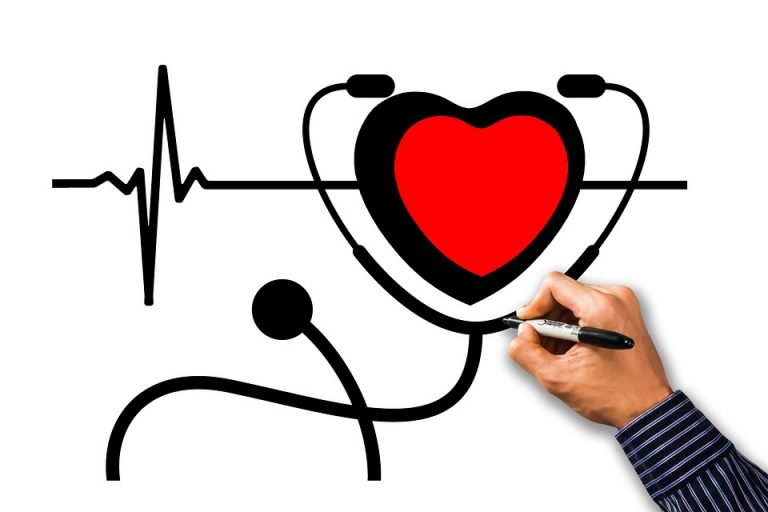Muscle recovery is vital to your fitness journey. If you’ve pushed your body during a workout, you know that muscle recovery can make or break your progress. It’s not just about feeling good; it’s about performing at your best, avoiding injury, and getting back to what you love faster. Let’s dive into seven secrets to speed up your muscle recovery today.
Contents
Understanding Muscle Recovery
Muscle recovery refers to the body’s process of repairing and rebuilding muscle fibers after exercise. This process is crucial for growth, strength, and endurance. When you work out, you create tiny tears in your muscles. Recovery is where the magic happens—your body repairs these tears, making your muscles stronger and more resilient.
Why does this matter? Without proper recovery, you risk injury, fatigue, and burnout. You want to enjoy your workouts, not dread them. So, let’s explore how to optimize your muscle recovery for better performance and a happier you.
1. Hydration is Your Best Friend
Water is life. Your body is composed of about 60% water, and staying hydrated is essential for muscle recovery. When you work out, you lose fluids through sweat. Replenishing these fluids helps transport nutrients to your muscles, which aids in recovery.
-
How much water do you need? Aim for at least half your body weight in ounces daily. If you’re exercising intensely, increase that amount.
-
Tip: Add electrolytes to your water to replace lost minerals. Look for natural sources like coconut water or electrolyte tablets.
2. Fuel Your Body Right
Food is your fuel. To speed up muscle recovery, you must eat well. After a workout, your body craves nutrients to repair itself.
Focus on Protein
-
Why protein? It’s the building block of muscle. Consuming protein post-workout helps initiate muscle repair and growth.
-
How much? Aim for 20-30 grams of protein within 30 minutes after your workout.
-
Sources: Lean meats, eggs, dairy, legumes, and protein shakes are all excellent options.
Don’t Forget Carbs
-
Carbs are essential for replenishing glycogen stores, which fuel your workouts. Pair your protein with a healthy carbohydrate source.
-
Examples: Sweet potatoes, brown rice, or whole-grain bread are great choices.
3. Prioritize Sleep
Sleep is non-negotiable. Your body does the majority of its healing while you sleep. Lack of sleep can slow down recovery and affect your performance.
Aim for Quality Sleep
-
How much do you need? Most adults require 7-9 hours of quality sleep each night.
-
Tips for better sleep:
- Stick to a sleep schedule.
- Create a relaxing bedtime routine.
- Limit screen time before bed.
4. Active Recovery Techniques
Movement can be healing. While it may seem counterintuitive, light activity can actually help speed up muscle recovery.
What is Active Recovery?
Active recovery includes low-intensity exercises that promote blood flow without stressing your muscles. Think walking, yoga, or light cycling.
- Benefits:
- Increases circulation.
- Reduces muscle soreness.
- Helps clear out lactic acid buildup.
5. Incorporate Stretching and Foam Rolling
Stretch it out. Stretching and foam rolling are excellent ways to aid muscle recovery. They help improve flexibility, reduce soreness, and enhance blood flow.
Stretching
- Dynamic stretches before workouts warm up your muscles.
- Static stretches after workouts help cool down and relax your muscles.
Foam Rolling
-
What is it? Foam rolling targets muscle knots and tightness, promoting recovery.
-
How to do it: Spend 1-2 minutes on each muscle group, applying pressure to sore areas.
6. Consider Supplements Wisely
Supplements can help, but they’re not a magic bullet. If you’re struggling to get enough nutrients from your diet, certain supplements may speed up your recovery.
Popular Options
- Whey Protein: A quick and effective way to boost protein intake.
- BCAAs (Branched-Chain Amino Acids): May reduce muscle soreness post-exercise.
- Omega-3 Fatty Acids: Help reduce inflammation and improve recovery time.
Always consult a healthcare professional before starting any new supplement.
7. Listen to Your Body
Your body knows best. Ignoring pain or fatigue can lead to injury. Pay attention to what your body is telling you. If you’re feeling overly sore or fatigued, it might be time to take a break.
Signs You Need Rest
- Persistent soreness that doesn’t improve.
- Fatigue that lingers beyond a few days.
- Decreased performance in workouts.
Rest isn’t weakness; it’s a smart strategy for long-term success.
Bottom Line
Speeding up your muscle recovery doesn’t have to be complicated. By focusing on hydration, nutrition, sleep, and active recovery, you’ll set yourself up for success. Remember, every body is unique, so find what works for you. Embrace these secrets and watch your performance soar!
FAQs
1. How long does muscle recovery take?
Recovery time varies depending on the intensity of your workout and individual factors. Generally, light workouts may require 24-48 hours of recovery, while more intense sessions could take several days.
2. Can I speed up recovery with ice baths?
Ice baths can reduce inflammation and soreness, but they’re not necessary for everyone. Listen to your body and choose what feels best for you.
3. Should I work out every day?
It’s essential to allow for rest days to let your muscles recover. Aim for at least one full rest day per week, especially after intense workouts.
Incorporate these strategies to enhance your muscle recovery and get back to doing what you love. Here’s to a stronger, healthier you!
Get Your FREE Natural Health Guide!
Subscribe now and receive our exclusive ebook packed with natural health tips, practical wellness advice, and easy lifestyle changes, delivered straight to your inbox.





